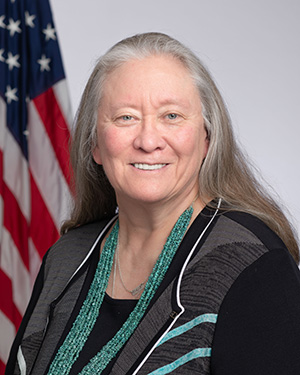When it comes to cancer, early detection can make a life-saving difference. Breast cancer is one of the most common cancers among women, but when it’s caught early, treatment is often more effective, and the chances of survival are much higher.
That’s why regular checkups and routine screenings matter. Screening helps identify concerns before they become more serious. If you’re more than 40-years old or have a family history of breast cancer, now is a good time to talk with your health care provider about what screenings you need.
Your health is important, not just to you, but also for the people who love and depend on you. Sometimes, the hardest part is making an appointment. But putting it off only increases the risk of missing something that could be treated sooner.
Breast cancer prevention is about more than appointments. Making healthy choices also plays a role. Regular physical activity, healthy eating, and avoiding commercial tobacco can all reduce your risk.
At the Indian Health Service, we encourage screenings for cancer prevention. Our providers are here to discuss your risks, help you understand your screening options, and support you every step of the way.
To support this effort, we’re proud to share that IHS recently hosted our first-ever National Cancer Prevention, Screening, and Care Conference. This event brought together health professionals, community leaders, and patient advocates to share strategies and strengthen our efforts to prevent cancer and support those facing a diagnosis. It’s just one example of how we are working together to improve cancer care for American Indian and Alaska Native people.
If you’ve already had your breast cancer screening, encourage someone else to get theirs. Reminding a friend, daughter, mother, or coworker can make all the difference—it can possibly save a life.
Let’s not wait. Let’s work together to raise awareness, support one another, and protect our health—not just in October, but all year.



